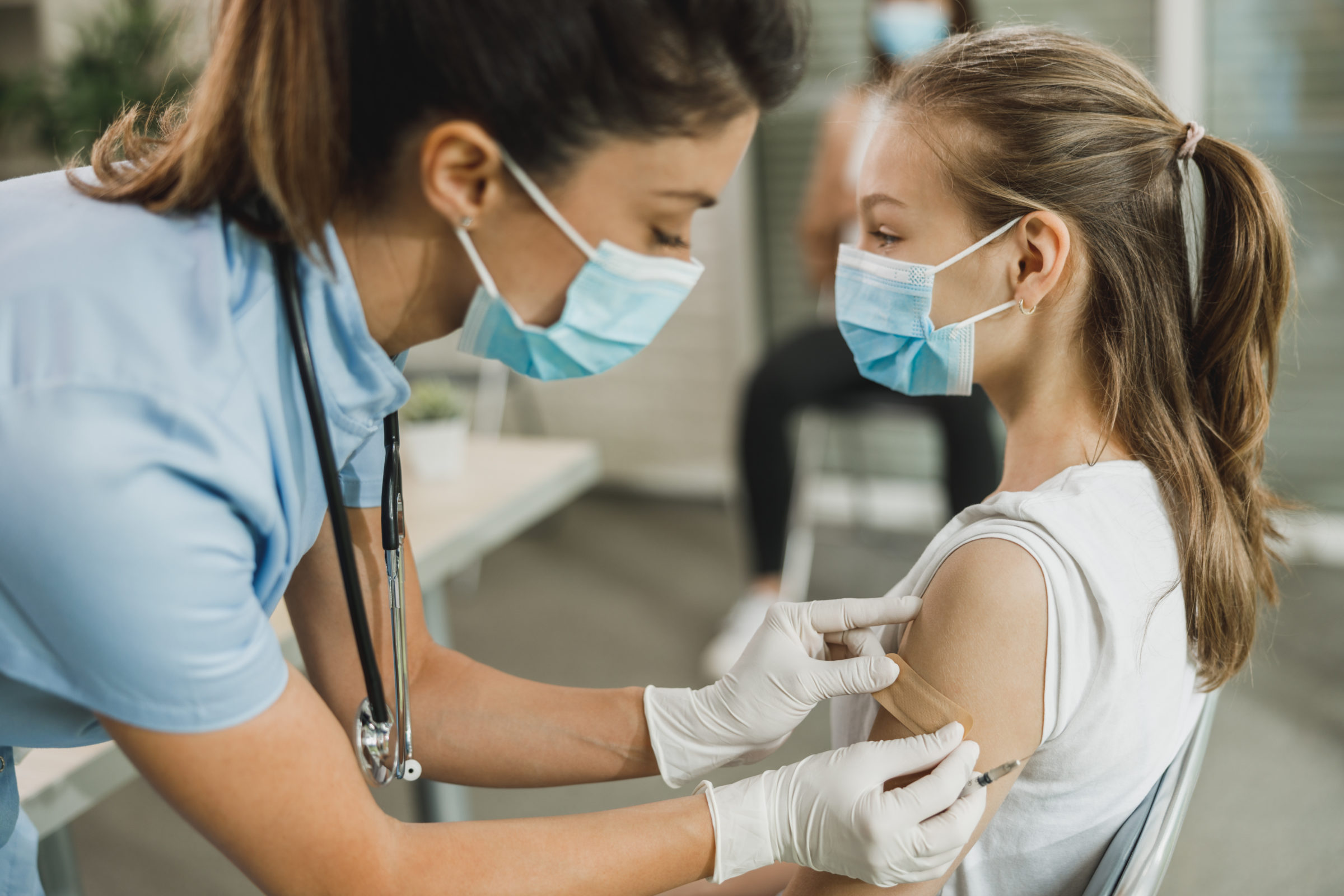Medical Journal: Allow Adolescents to Consent When Parents Decline to Get Them Vaccinated
Originally published at National Review- Categories
- COVID-19
There the New England Journal of Medicine goes again, publishing articles that promote an autocratic health-care system. This time, two bioethicists from the National Institutes of Health (!) ask the question, “Adolescents, Parents, and Covid-19 Vaccination — Who Should Decide?” I’ll bet you knew that the answer wouldn’t be the parents! From the column (my emphasis, here and below):
Low Covid-19 vaccination rates among U.S. adolescents [ages twelve to 17] can be partly explained by some parents’ decision not to consent to vaccination for their children. In a November 2021 survey conducted by the Kaiser Family Foundation, 50% of parents reported that they had already had their adolescent children vaccinated, but 4% said they would vaccinate their children only if vaccination was required for school attendance, and 13% said they would “wait and see” before having their children vaccinated.
The most worrisome finding was that 30% of parents said they were definitely opposed to vaccination for their children. Given the importance of Covid-19 vaccination, we believe adolescents should be able to independently consent to vaccination, even when their parents don’t want them to be vaccinated.
Of course they do. Because these technocrats believe that parents’ beliefs that differ from theirs are harmful to children. No doubt the parents wouldn’t be told that the vaccine had been provided, either, which could result in their missing important signs of side effects.
The authors equate Covid vaccination to abortion:
When it comes to the most common exceptions to parental-consent requirements (contraceptive and abortion services and treatment for substance use disorders, mental health disorders, or STIs), the primary justification for allowing adolescents to independently consent to care is that being denied access to any of these forms of care could negatively affect an adolescent’s life. The same is true of Covid-19 vaccines.
Those exceptions shouldn’t be allowed either. But back to the bioethicists:
Adolescents may want to be vaccinated to protect themselves, their family, and their friends and to participate in in-person events. A requirement for parental permission could also lower the chances that an adolescent will seek desired treatment and preventive services. Just as adolescents may be uncomfortable bringing up topics such as contraception and substance use disorder treatment with their parents, raising the topic of Covid-19 vaccination (including expressing an intention to be vaccinated) may be uncomfortable when adolescents know their parents are opposed to Covid-19 vaccination more generally.
Yes. We all know how awful parents are to their kids and how it takes school authorities and doctors to do what is right. Good grief.
What they are really saying is that laws should be changed or interpreted to allow doctors to push children into the vaccination decision that the authors and medical establishment think best:
Allowing adolescents to independently consent to Covid-19 vaccination could substantially increase vaccine uptake in this population. The process of obtaining consent from adolescents doesn’t have to mirror the consent process for adults. Since adolescents may be more susceptible to peer pressure and emotional influences than adults, conversations about consent could occur only in private encounters with medical professionals delivering vaccines (whether in private offices, clinics, pharmacies, or schools). We believe that allowing adolescents to independently consent to Covid-19 vaccination is on par with allowing independent consent to any intervention that is in adolescents’ best interest and supports an important public health goal.
No! It does not take a technocracy to raise a child. Whether to vaccinate children against COVID is a decision for parents, particularly since children ages twelve to 17 are at little risk, and there is a slight chance of serious side effects from the vaccine.
And these smarter-than-thou types wonder why millions of people no longer trust the medical establishment and our public-health institutions.
